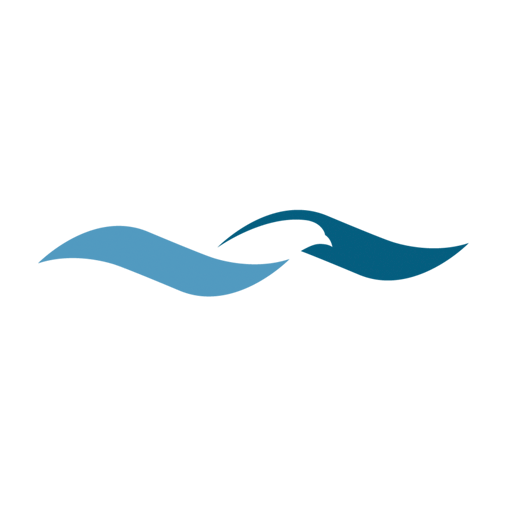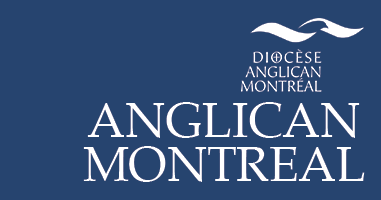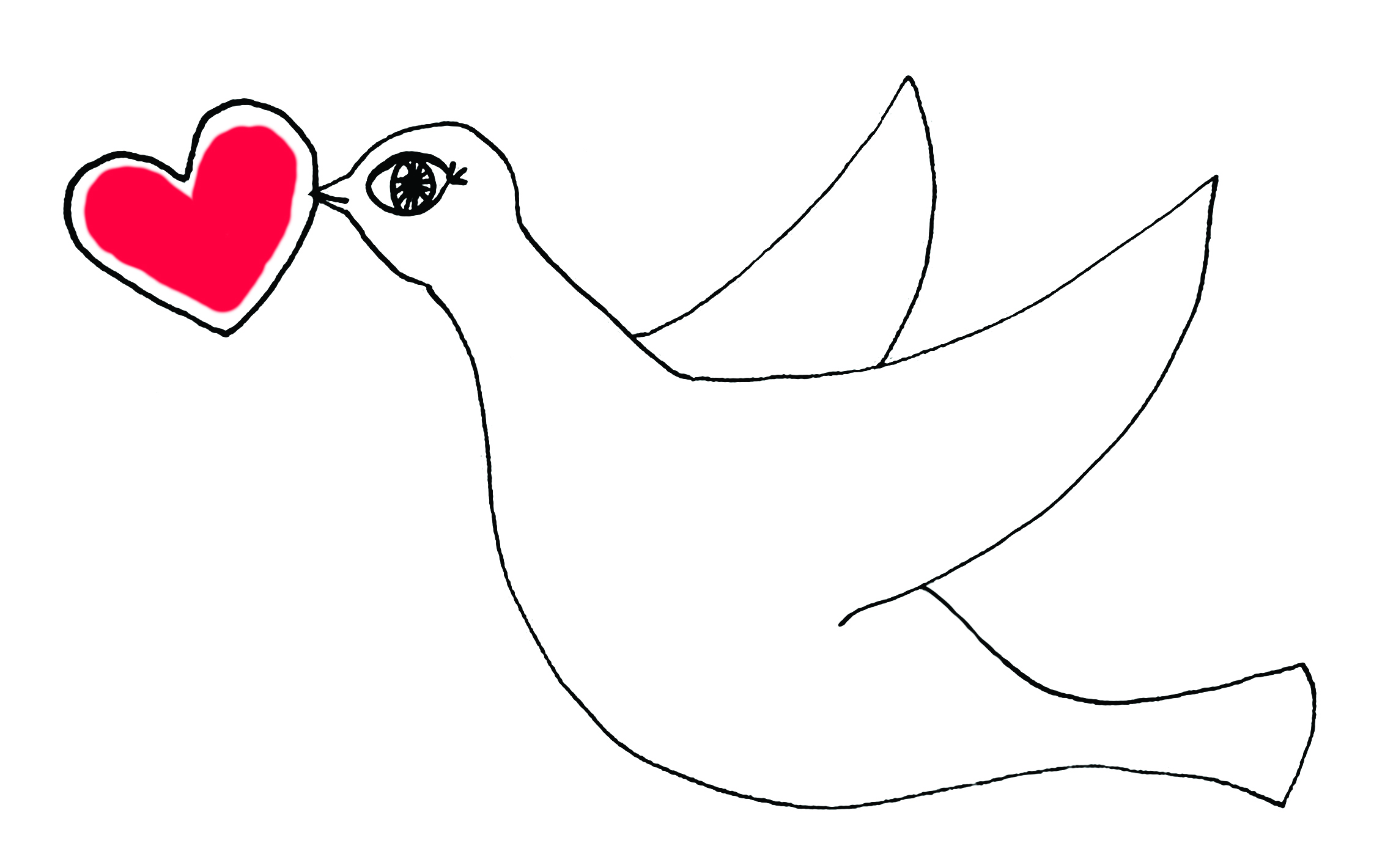Since 2015, Tri-Parish + Friends for Refugees, a group of parishioners from three west-end churches (the former Trinity Memorial, St. Thomas’, and St. Philip’s) as well as non-church community members, has been sponsoring refugeed persons and raising awareness about the challenges they confront.
An important challenge to document is the one that occurs in the sponsorship process itself. Of course, there are many difficulties involved in private refugee sponsorship. These are well-known to those who have donated time or money to this work.
Refugeed persons often encounter significant hurdles on arriving in Canada: they have difficulty finding decent, affordable housing; they encounter racism; they face linguistic challenges; they have often experienced trauma.
But there is a larger obstacle; it is the government. This particular obstacle is set up by the Government of Quebec before refugeed persons even arrive in Canada.
In all other provinces and territories in Canada, the federal government runs the Private Sponsorship of Refugees (PRS) Program, which permits private groups to sponsor eligible refugeed persons from outside of Canada. While wait times from application are long everywhere, it is only in Quebec that the government sets an annual limit on the number of applications accepted from private sponsorship groups.
There are two categories of sponsoring group in Quebec. Tri-Parish + Friends is defined by the Government of Quebec as a Group of 2-5, a private group that is distinguished from larger sponsorship agreement holder charities.
Each year, the Government of Quebec runs a lottery to choose a determined number of applications. According to Action Réfugiés, in 2023, the government received 1,289 eligible applications from Groups of 2 -5. Of these, it accepted only 425. This means that almost 70 percent of applications from Groups of 2 -5 were rejected.
This is a very discouraging figure for those who put time and energy into the process.
While the application itself does not require much time, the necessary fundraising does. Since 2022, Tri-Parish + Friends for Refugees group has made three applications in two separate lotteries to sponsor a family and two adults. Both times our applications have not been chosen in the lottery. We feel frustrated, to say the least.
The system that the Ministère de l’immigration, de la francisation, et de la diversité uses to administer private refugee sponsorship needlessly discourages private citizens who collectively organize to stand in solidarity with refugeed persons. Moreover, there is ample evidence to demonstrate that privately sponsored refugeed persons have better outcomes than those who arrive without sponsorship.
A federal study published in 2020 that examines employment and income rates for refugeed persons arriving in Canada from 1980 to 2020, for instance, concludes that those who are privately sponsored have higher employment and income rates than government-assisted refugees, even after taking into account differences in education, official language ability, and other observed socio-demographic characteristics.
What can you do? Write a letter to your MNA. This concrete action is easy to undertake. You can write as an individual, a household, or, even better, as a group (a parish, a group of friends, etc.). Let your MNA know that the system that governs private refugee sponsorship in Quebec is unjust.
-

Nancy Greene-Gregoire
Ms Nancy Greene-Gregoire is the EfM Coordinator for the Diocese of Montreal since 2017.

